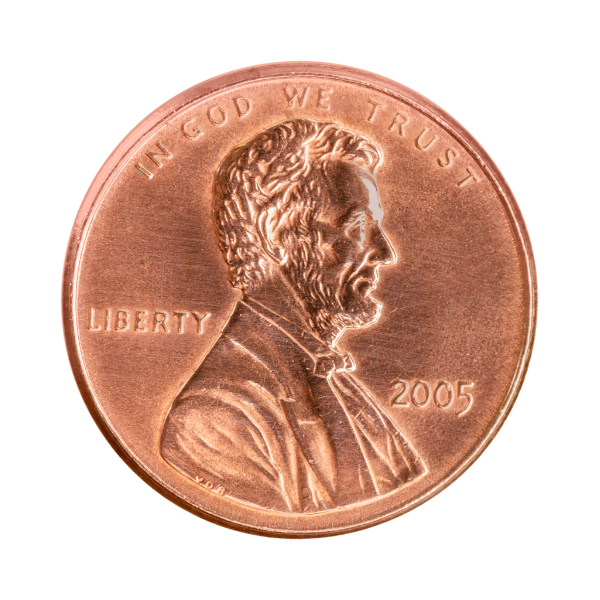For first-time homebuyers, saving for a down payment can be daunting. Fortunately, the Government of Canada has introduced the First Home Savings Account (FHSA), which is a new type of registered plan that’s designed to help homebuyers save for their first home, tax-free.
How do I qualify for the FHSA?
To qualify for an FHSA, you must be a Canadian resident, at least 18 years old, and a first-time homebuyer, meaning you haven’t owned a home in the past four calendar years. Beneficial ownership of property, such as through a corporation, disqualifies individuals from participating in the program. The account can stay open for a maximum of 15 years or until the end of the year you turn 71.
How do FHSA contributions work?
Setting up an FHSA is straightforward, and it operates similarly to Tax-Free Savings Accounts (TFSAs) and Registered Retirement Savings Plans (RRSPs). You can deposit funds into your FHSA up to an annual contribution limit ($8,000) and your annual limit ($40,000) includes any transfers you make from an RRSP. If you don’t hit the limit in any year, the unused amount carries over, which can lead to higher limits in subsequent years (up to a maximum of $8,000). Exceeding contribution limits results in a 1% monthly tax on the excess amount.
Everyone has a lifetime contribution limit of $40,000. The accumulated funds can be invested in various options like mutual funds, stocks, bonds, or guaranteed investment certificates, with gains remaining tax-free.
What are the FHSA withdrawal rules?
When ready to purchase a home, eligible individuals can withdraw funds from their FHSA to cover down payments, deposits, or closing costs. However, withdrawals must be used for a home purchase for it to be tax-free. Non-qualifying withdrawals are subject to taxation and may incur penalties. Transfers from an FHSA to an RRSP or registered retirement income fund are tax-free. Generally, an amount that is transferred directly from your FHSAs to your RRSPs or RRIFs will not impact your unused RRSP deduction room or your unused FHSA participation room.
Is the FHSA worth it?
While the FHSA offers tax advantages that can enhance savings for a home purchase, individuals should carefully consider their financial goals and circumstances to determine if it aligns with their needs. Ultimately, leveraging the FHSA’s benefits can build a solid foundation for homeownership and improve financial stability in the long run.
The views and opinions expressed herein are the views and opinions of the author and do not necessarily reflect those of Nasdaq, Inc.







































